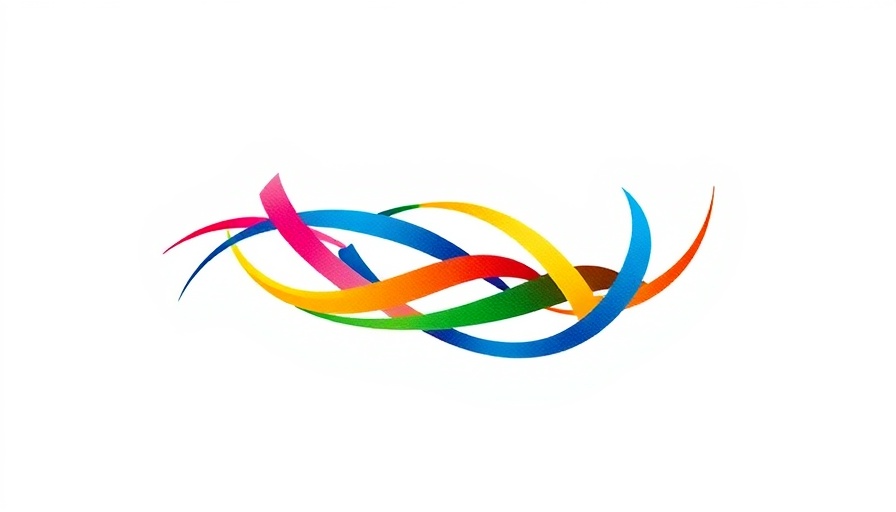
Indigenous Rights Clash with Conservation Efforts in Northern Kenya
In a troubling trend on the African continent, indigenous communities in northern Kenya, including the Borana, Samburu, and Rendille peoples, find themselves coerced off their ancestral lands under the guise of conservation efforts. Human rights organizations allege that these communities are being displaced to accommodate wildlife reserves, which attract throngs of tourists and are funded by international corporations through initiatives such as carbon offset projects. This situation highlights the complex intersection of environmental sustainability, indigenous rights, and corporate interests in Africa.
The Role of Northern Rangelands Trust (NRT)
The Northern Rangelands Trust (NRT), an organization that operates a network of community conservancies in northern Kenya, is at the center of this landscape. While the NRT claims to empower local communities, recent reports, including a troubling document released by the International Federation for Human Rights (FIDH), paint a different picture. According to these reports, local access to land is increasingly restricted, often met with violence by park rangers and police. Serena Dusepulchre from FIDH conveys that, “Local communities are being restricted from accessing their own lands,” a situation compounded by escalating tensions between conservation and human rights.
International Corporations and Carbon Credits
Concerningly, the conservation model employed by organizations like NRT involves generating revenue through carbon credits sold to major corporations like Netflix and Meta. These partnerships, while financially lucrative, raise ethical questions about the treatment of indigenous populations whose lands are compromised. Despite the millions of dollars funneled into conservation initiatives, reports suggest instances of violence linked to NRT operations and governance of these conservancies, leading critics to call for accountability and clearer ethical boundaries in conservation practices.
Legal Challenges and Future Projections
On a hopeful note, some indigenous communities have begun to seek legal recourse. A recent court ruling sided with these communities, declaring that certain NRT conservancies were established illegally. This development represents a significant victory in the ongoing struggle for land rights in the region. As litigation continues and more communities seek empowerment, it is crucial for policymakers and stakeholders to establish frameworks that balance environmental goals with the rights of indigenous populations.
A Call for Ethical Conservation Practices
As the global community and corporations become increasingly aware of the implications of climate change, it is imperative that conservation strategies respect local cultures and rights. The evolving narrative surrounding Africa's rich biodiversity must include voices from the indigenous populace instead of pushing them to the periphery. For those engaged in business and investment in Africa, understanding these dynamics is crucial as they can shape policies, affect economic stability, and influence future investments.
In conclusion, the plight of indigenous rights in conservation efforts represents a critical issue that demands attention from global stakeholders. Companies and governments need to reassess their involvement in conservation practices to ensure they do not inadvertently displace or harm the very people they claim to support.
 Add Row
Add Row  Add
Add 


Write A Comment